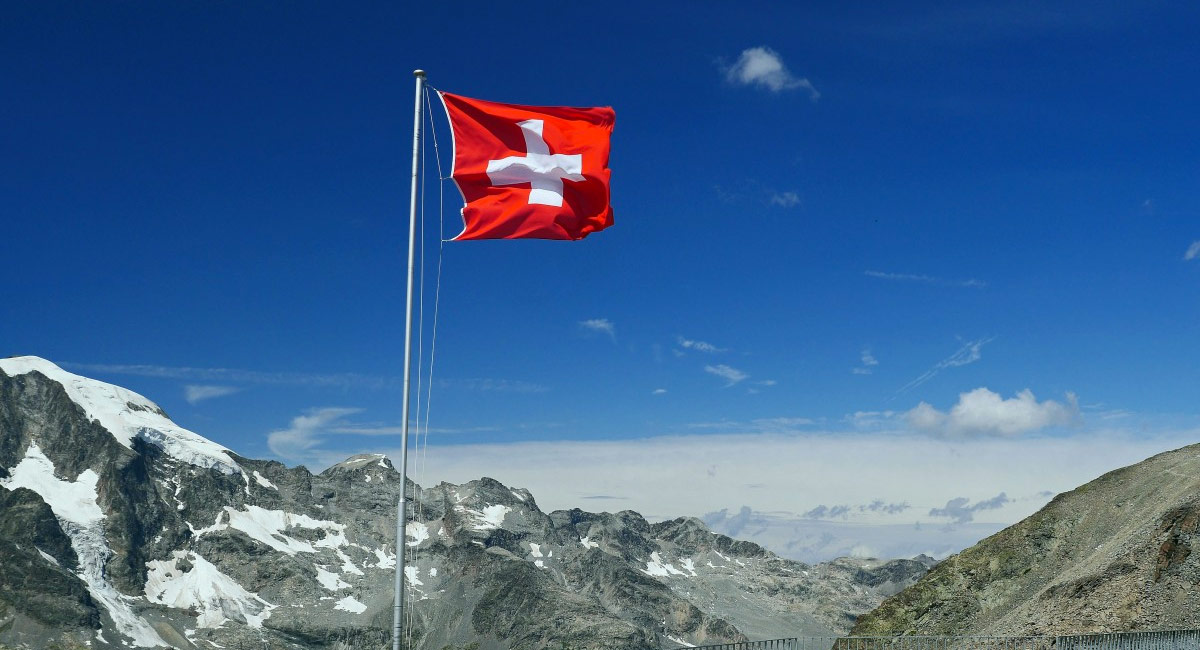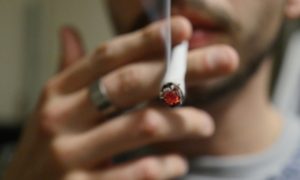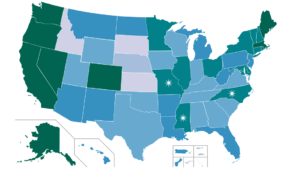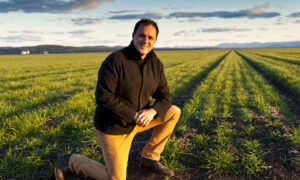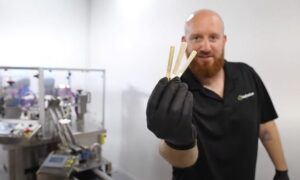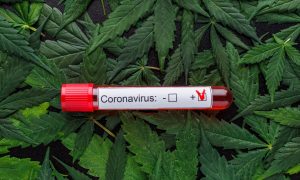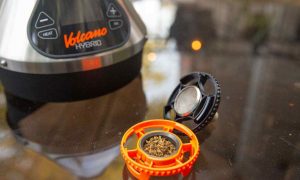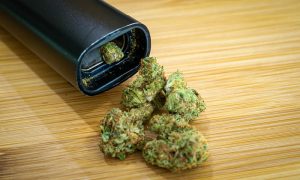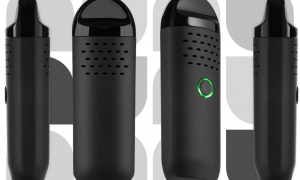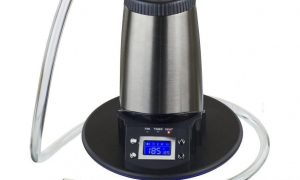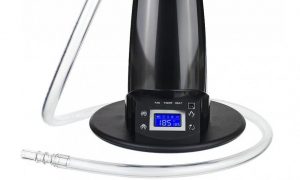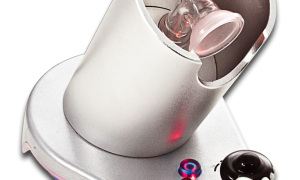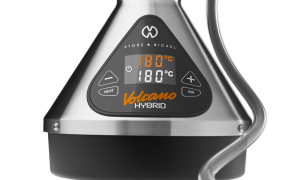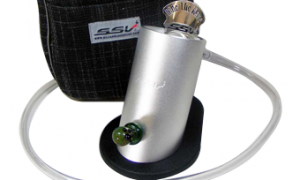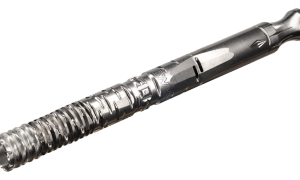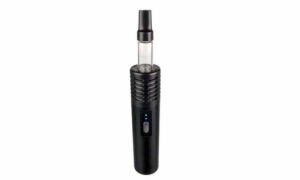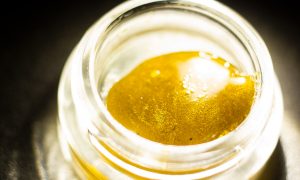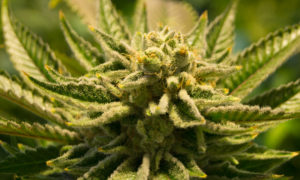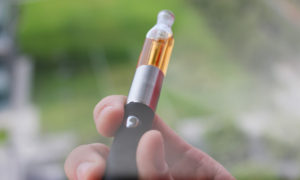By Michael Knodt for marijuana.com
The Swiss Council of States has unanimously adopted a bill allowing studies and pilot projects with cannabis. The Council of States is calling for an experimental article in the Narcotics Act that allows for scientific research projects such as coffee shop model trials or pilot programs. Five cities have requested such studies. The bill will be presented to the Large Chamber, the National Council.
Until now, these applications have been rejected by the Ministry of Health because the ministry maintained there was no legal basis for such exceptions in the Swiss Narcotics Act. The Council of States has 46 members and is the small chamber of the parliament that represents the Swiss cantons (federal states). The National Council has 200 members and is the large chamber of the parliament of the Swiss Confederation. Together, these chambers of parliament make up the Federal Assembly with its seat in Bern.
According to MP Roberto Zanetti, who represents the Social democrats, “there was a need for scientifically based decision-making principles for the future regulation of cannabis.” The City of Bern had previously requested a cannabis trial several times. The trial provides that 1,000 people who already consume cannabis may purchase the herbs legally in pharmacies. The trial would be scientifically evaluated and serve as a basis for future cannabis policies. After it’s latest rejection in November 2017, the Swiss Ministry of Health (BAG) pointed out that the Narcotics Act must be amended and supplemented by an “experiment paragraph,” so the federal capital of Bern could review applications in the future. The fate of those applications now rests with the Large Chamber.
Most of Switzerland already tolerates cannabis
According to official estimates, between 200,000 and 300,000 people in Switzerland regularly consume cannabis. In most cantons, the possession of up to 10 grams is not punished and public consumption is atoned for with a fine of 100 Swiss francs. Ever since the opening of numerous coffee shops that legally sell CBD-rich flowers with a THC content less than 1 percent, and the opening of the first Swiss CBD bars, cannabis is dominating the headlines and becoming part of the streetscape throughout Switzerland. Attempts, like the CBD rapid test device by the Zurich police, to distinguish legal and illegal cannabis are at most a drop in the bucket.
In the rest of Europe, Canada and the US, the upper limit for hemp products is 0.3% THC, while in Switzerland anything up to 1% THC content is defined as legal fiber hemp. Because Switzerland is the only central European country that is not a member of the European Union, its drug policy is slightly different than in the surrounding countries.
An old loophole almost made Swiss cannabis legal
Twenty years ago, cannabis was almost legal in Switzerland. At that time, cannabis lovers discovered a gap in the Swiss Narcotics Act, which made it possible to grow and sell cannabis for both personal use and on a large scale. The law at that time did not differentiate cannabis and hemp on the basis of the THC content — as long as the products were grown and sold for aromatherapy, they were legal. This is how the legendary “Hanflädelis” (Hempshops), where Swiss herbs and hashish could be purchased at moderate prices, first appeared in and around Zurich and later throughout Switzerland. The Council of States had even approved a law introduced by the government for legalisation in 2001 and the National Council was expected to follow. Switzerland was massively under pressure from the United Nations at the time. If the country wanted to join, Switzerland had to stick to the “1961 Single Convention.” Neighboring countries France and Germany had also begun to complain ever louder about the cannabis border traffic. In September 2002, Switzerland became a member of the UN. Shortly thereafter the National Council bowed to international pressure and rejected the law that had been approved the year prior. Switzerland had the choice between legal cannabis or full UN membership and opted for the latter.
The long wait for cannabis trial projects
Since a referendum on the legalisation of cannabis failed in 2008, the cities of Geneva, Bern, Basel and Zurich have repeatedly expressed interest in regulated access to cannabis by first conducting cannabis trials over the past decade. Meanwhile, smaller cities also want to take part in such projects to guarantee legality in place of the existing impunity.
The National Council also deals with the issue of allowing cannabis trial projects. At the end of January, the National Council Commission decided to develop a parliamentary initiative. In addition to the current vote by the Small Chamber, the FDP, SP, Greens and GLP fractions have submitted drafts calling for the same consideration by the National Council.
Just like in 2002, the final decision is now back in the hands of the National Council. This time, however, observers expect that the Grand Chamber of Parliament will at least partially agree with the plans of the Council of States. But given the relatively narrow majority ratios within the National Council, supporters of the decisive experimental paragraph can’t rest easy just yet.
—
This article was originally published on marijuana.com. Read the original article.

